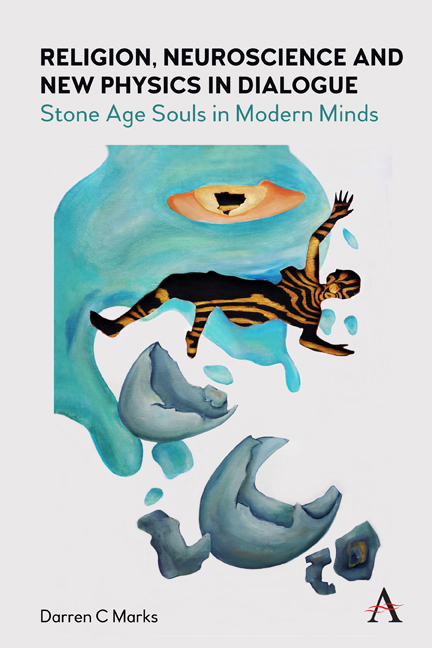Book contents
- Frontmatter
- Dedication
- Contents
- Preface
- 1 Stone Age Souls
- 2 Modern Minds—Education to Reality?
- 3 Multiverses or the Home of God?
- 4 Three Great Errors: Deconstructing Nature, Naturalism and Scientism: Fictions or Delusions?
- 5 Returning the Soul: Fictions or Illusions?
- 6 Can We Be Good? What Models Do We Have?
- 7 Concluding Postscript or We’re Okay?
4 - Three Great Errors: Deconstructing Nature, Naturalism and Scientism: Fictions or Delusions?
Published online by Cambridge University Press: 25 March 2023
- Frontmatter
- Dedication
- Contents
- Preface
- 1 Stone Age Souls
- 2 Modern Minds—Education to Reality?
- 3 Multiverses or the Home of God?
- 4 Three Great Errors: Deconstructing Nature, Naturalism and Scientism: Fictions or Delusions?
- 5 Returning the Soul: Fictions or Illusions?
- 6 Can We Be Good? What Models Do We Have?
- 7 Concluding Postscript or We’re Okay?
Summary
A widely considered master narrative of the past century is of a steady disenchantment of the Judeo-Christian Platonic world and the rise of a soulless scientism of Aristotelian causality. The story is as follows. When the sacred canopy—the place of God and morals—is eroded by naturalist, positivistic scientism (see Becker on this with respect to quantum mechanics) then what grinds out supranature is extrinsically hostile to humanity and indeed creation. All the villains of social Darwinism, technocratic Prometheanism and scientific reductionism manifest as philosophical naturalism to deny morality, connectivity and certainly conatus or drive for moral reform, let alone connection with one another and the wider planet. Humanity is left to drone mentality, over and above nature and aimless in a cold distant nothingness. Into this story, the enchanted or mystical is preferred, whether Real or not, because it pulls out of mere representation toward imagination, and in doing so, provides ethical will and energy. This repeated and terrible story ends with the “human being [alone],” and our more recent postmodern, postfoundationist, postracial and so forth, history as the humane desiring to hope and a return to the native or naïve, and a re-enchantment of human purpose, connection and destiny. Imagination of a better, unconnected to our historical foibles, future is the remit and there is almost always an appeal to a better nature in humankind. This is, of course, a prehistorical, presocial and completely natural human being uncorrupted by the positivistic history of the Western world and its most beloved child in science. But little attention is paid to this presocial natural human for whom education (both formal and cultural as a kind of ontology) can resurrect for a better future without inequalities of every stripe. For our purposes, this narrative is important. In particular, the thinking on “natural” and “nature” is imperative as both those terms seem to be Edenic or preferential to the context of culture we find ourselves in. While we may be the product of cultures—personal (family and immediate context) and social that corrupt our moral and self-orientations through traumas—there is also the presupposition of a natural self or person untainted by those winds of context. The trick is to live in that nature endorsing connected self to the planet, to life and to each other.
- Type
- Chapter
- Information
- Religion, Neuroscience and New Physics in DialogueStone Age Souls in Modern Minds, pp. 73 - 88Publisher: Anthem PressPrint publication year: 2021

